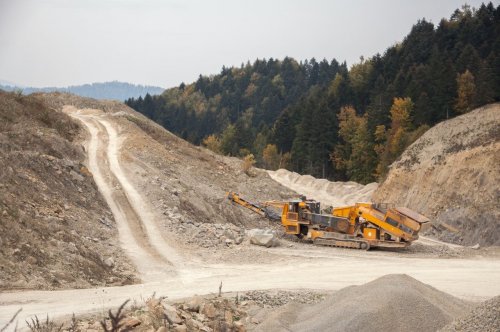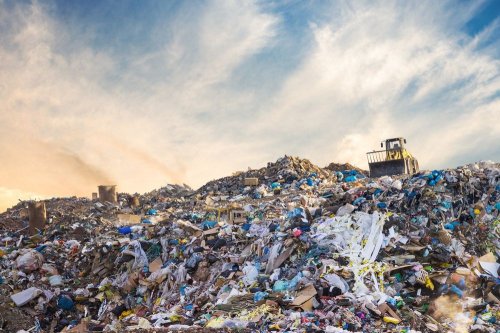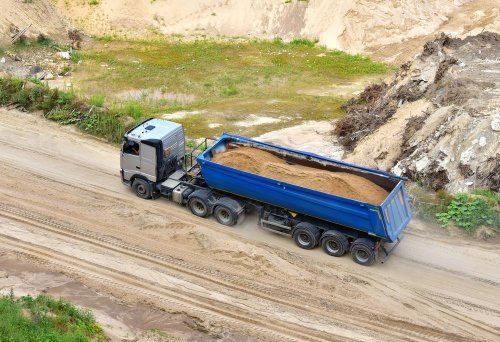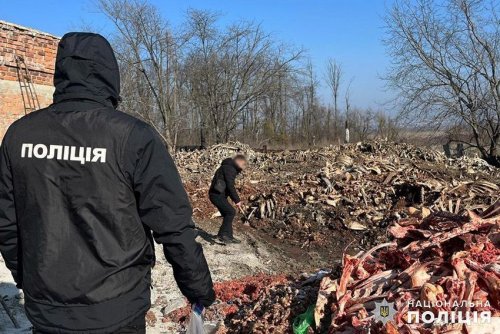Specialists of the Center of Excellence for Mine Action and Environmental Safety in the soils of the de-occupied territories of the Mykolaiv Region have recorded increased concentrations of heavy metals and remnants of explosives.
This was reported by the Ministry of Defense of Ukraine.
The Mykolaiv Regional Military Administration, which coordinates the elimination of environmental pollution by components of explosive objects, asked the Center's military ecologists to conduct instrumental and laboratory soil studies.
Specialists examined land plots in the area of the city of Snigurivka and the village of Shevchenkove. They took samples of soil, silt and water from the Ingulets River.
Specialists performed a number of instrumental measurements of the received samples with the help of the most modern devices. They showed an increased content of explosive residues and heavy metals – arsenic, lead, copper and zinc.
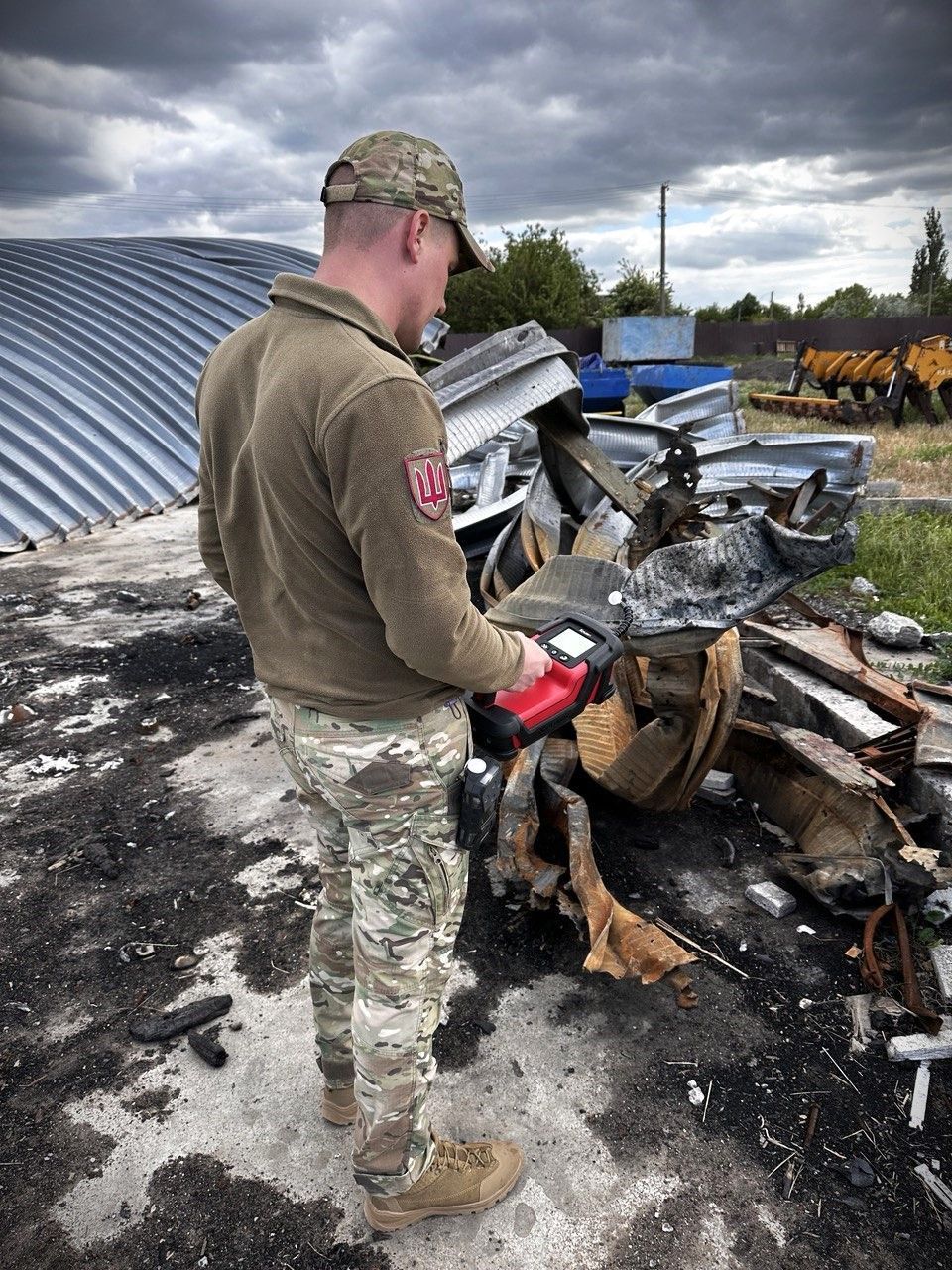
Photo: mil.gov.ua.
Specialists of the Center promised to provide more detailed results after analyzing samples in laboratory conditions with the involvement of specialists of the Ukrainian Laboratory of Quality and Safety of Agricultural Products.
Environmentalists explained that such soil pollution is the result of rocket and artillery strikes by the occupiers. They had a chaotic nature and hit enterprises and warehouses for storing plant protection products, agrochemicals (poisonous chemicals), and fuel.
Specialists also stated that in some areas the shelling caused significant damage to the soil cover and disturbed its natural state. They warned that such locations would require significant efforts to remediate them.
As EcoPolitic reported earlier, according to the expert, the content of heavy metals in the soil in the war zone over the top 30 times. We also told that in March in Kharkiv started replacement of contaminated soil after the shelling of the oil depot in February.


